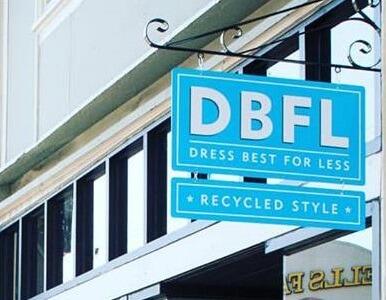Final Consideration of New Design Guidelines: Planning Commission Monday, May 13
Landscaping and Buildings
Piedmont Planning Commission Meeting, Monday, May 13th – 5:00 p.m. City Council Chambers, 120 Vista Avenue
The meeting will be broadcast live on cable Channel 27 and from the City’s website under videos/ Planning Commission.
Updating and reformatting the guidelines for single-family residential construction, new guidelines for multi-family residential construction, commercial and mixed-use construction commercial signage, and landscaping are being considered.
At its meetings on May 13th, the Planning Commission will consider updates to the city’s Design Guidelines, which provide a framework for actions of staff and the Planning Commission in making decisions regarding Planning Applications from residents. At the May 13th meeting, the Commission will take testimony from the public, continue its discussion, and consider a recommendation to the City Council.
Background
This project to update and reformat the City of Piedmont Design Guidelines is the fifth and final phase of policy updates undertaken in response to the adoption of the General Plan in 2009 and the Housing Element in 2011. The first four phases were related to revisions of City Code Chapter 17 (the Zoning Ordinance) and were completed between 2012 and 2017. Specifically, Action 28.E in the Design and Preservation Element of the 2009 General Plan calls for the City’s Design Guidelines to be updated.
Draft updated Design Guidelines
In addition to updating and reformatting the guidelines for single-family residential construction, the draft update includes new guidelines for multi-family residential construction, commercial and mixed-use construction commercial signage, and landscaping.
A chapter that includes design guidelines for wireless communication facilities will be added at a future date. In addition to the links below to the electronic copy of the draft Guidelines, print copies are available for viewing at Piedmont City Hall, 120 Vista Avenue.
Draft City of Piedmont Design Guidelines, dated March 2019.
This document is comprised of seven chapters, plus a table of contents and glossary. Copies of each section may be downloaded at the links below:
April 8, 2019 Planning Commission Meeting
Related Documents
City Council to Consider Adoption
The Planning Commission’s recommendation concerning the draft Design Guidelines will be forwarded to the City Council for its consideration, as it is the decision making body for this matter. The date of Council consideration will be publicized well in advance of the meeting.
Public Engagement
Public comment is invited throughout the process. Interested members of the public are encouraged to read the draft Design Guidelines and staff report, and attend the Planning Commission meeting scheduled for 5:00 p.m. Monday, May 13, 2019 in City Hall, 120 Vista Avenue. Written comments and requests to receive email notification of activities related to the Design Guidelines update should be sent to Planning Director Kevin Jackson at kjackson@piedmont.ca.gov. Comments on paper can also be submitted by hand or by mail to the Piedmont Planning Commission or City Council at 120 Vista Avenue, Piedmont, CA 94611.
READ the full agenda here > May 2019 Planning comAgenda



